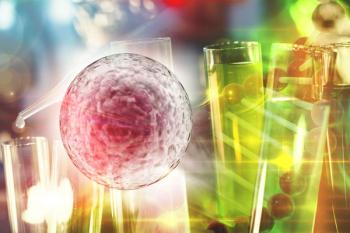
The CAR T-cell therapy lisocabtagene maraleucel resulted in better efficacy versus standard of care with no new safety signals.

The CAR T-cell therapy lisocabtagene maraleucel resulted in better efficacy versus standard of care with no new safety signals.
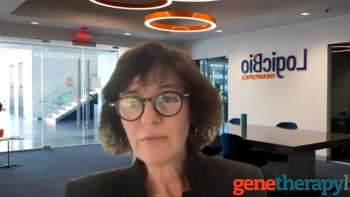
The therapy utilizes LogicBio’s GeneRide technology to insert a corrective copy of the target gene via synthetic AAV vectors.
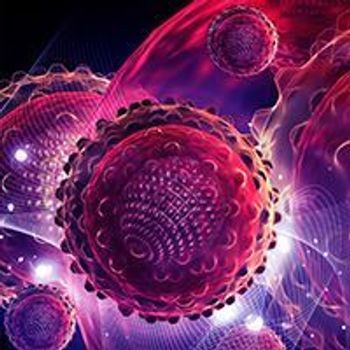
C-CAR066 exhibited a favorable safety profile and promising efficacy in adult patients with relapsed/refractory B-cell non-Hodgkin lymphoma who failed with prior CD19 CAR T-cell therapy.
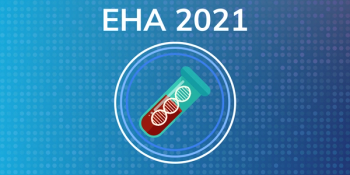
With 5 chimeric antigen receptor (CAR) T-cell therapies approved by the FDA, and 299 agents in the pipeline, it’s no surprise that the virtual meeting of the European Hematology Association (EHA) will have a heavy presence of CAR T research being presented in sessions and posters.
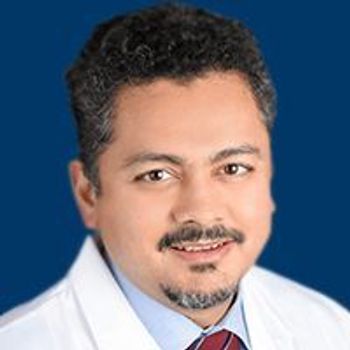
Ciltacabtagene autoleucel, an investigational BCMA-directed CAR-T therapy, sustained efficacy and durable responses in heavily pretreated patients with relapsed/refractory multiple myeloma.
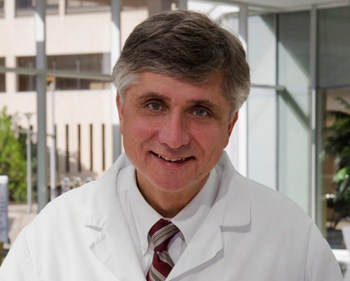
Tisagenlecleucel led to high complete response rates that appear durable for patients with follicular lymphoma, prompting a regulatory submission later this year.

The FDA has lifted clinical holds placed on several BB305-based gene therapy programs from bluebird bio.
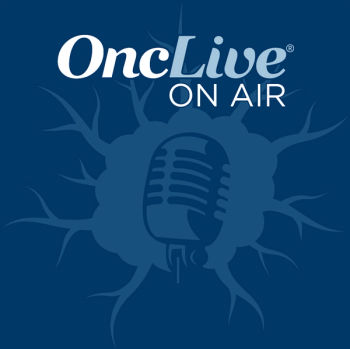
Dr. Munshi discusses the significance of the FDA approval of ide-cel in relapsed/refractory multiple myeloma, data from the KarMMa trial, which served as the basis for the approval, and next steps for CAR T-cell therapy in the field.
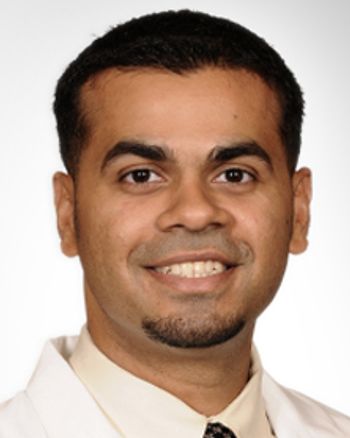
The combination of lifileucel and pembrolizumab was tolerable and led to responses for most patients with immune checkpoint inhibitor–naïve advanced melanoma.
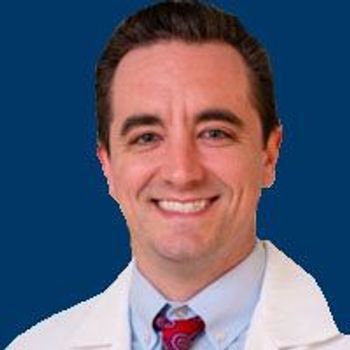
The autologous CAR T-cell product CART-ddBCMA was found to elicit a 100% objective response rate in patients with relapsed/refractory multiple myeloma, with deep and durable responses noted in those with poor prognostic factors.

Results of a phase 1/2 trial show the feasibility of an approach targeting CLL1 in pediatric patients with relapsed or refractory acute myeloid leukemia.
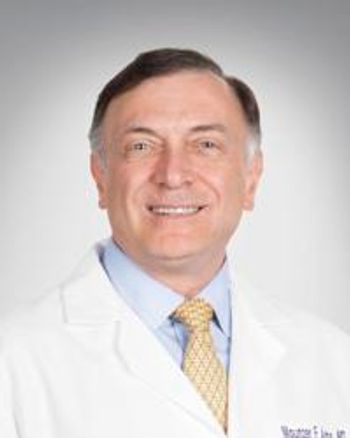
Ciltacabtagene autoleucel elicited a response in nearly all patients with relapsed/refractory multiple myeloma previously treated with 1 to 3 prior treatments.
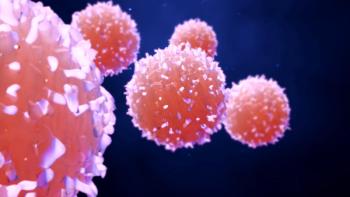
Results of the phase 2 SPEARHEAD-1 trial showed a high overall response rate with afamitresgene autoleucel in advanced synovial sarcoma or myxoid/round cell liposarcoma.

A single infusion of KTE-X19, a CAR T-cell therapy, demonstrated robust and durable responses in heavily pretreated patients with relapsed/refractory B-cell acute lymphoblastic leukemia.

The CAR T-cell therapy idecabtagene vicleucel continues to demonstrate improved survival among heavily pretreated patients with relapsed/refractory multiple myeloma.
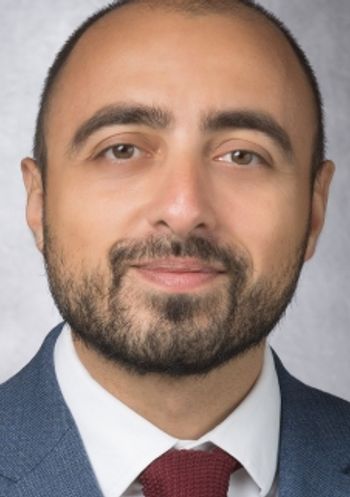
An off-the-shelf natural killer cell therapy demonstrated high response rates and limited toxicity for patients with relapsed/refractory B-cell lymphoma.
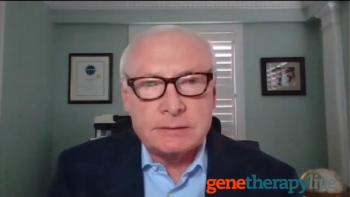
Locanabio CEO James Burns, PhD, discusses the firm's targeted approach to treating genetic disorders of the central nervous system and the eye.
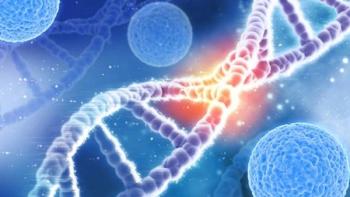
Nanoscope Therapeutics Inc. expects to advance the therapy by launching a late-stage Phase 2b trial this summer with gene therapy that delivers multi-characteristic opsin to retinal cells.

According to the company, preclinical study results from a 42-day proof-of-concept in vivo study demonstrated a single, intralacrimal gland injection of an adeno-associated virus containing the NGF gene produced statistically significant increase in NGF in tear film, as compared to placebo, as early as Day 7.
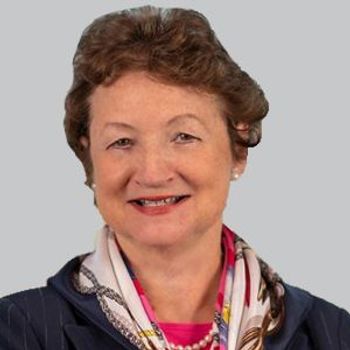
Asklepios BioPharmaceuticals noted that it plans to initiate dosing for the LION-101 phase 1/2 clinical trial in the first half of 2022.

OpRegen led to restoration of retinal tissue for 75% of patients with dry AMD and geographic atrophy who received the treatment across a wide area of atrophy.
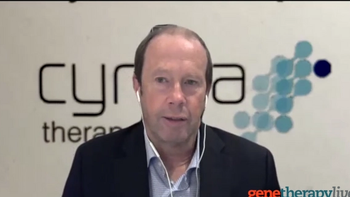
Ross Macdonald, PhD, managing director and CEO of Cynata Therapeutics, discusses the biotech company's approach to overcoming reproducibility challenges with mesenchymal stem cells.
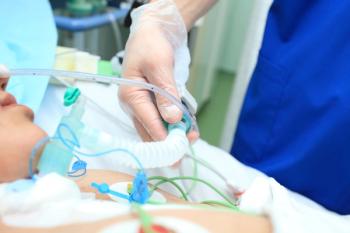
Researchers outlined novel approaches to prevent and manage cytokine release syndrome (CRS), which occurs frequently in patients receiving chimeric antigen receptor T-cell therapy.

Highlighting the latest ophthalmology-related news reported across MJH Life Sciences™.

The study portrays the intense need for daily care experienced by children with aromatic L-Amino acid decarboxylase deficiency (AADC-d) and their families.

An independent board has advised that a phase 1/2 study assessing AMT-130 for adults with early manifest Huntington disease should continue as planned.
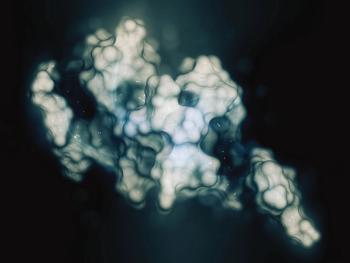
Based on data from the CARTITUDE-1, the BCMA-targeting CAR T-cell therapy ciltacabtagene autoleucel moves forward towards regulatory approval in multiple myeloma.
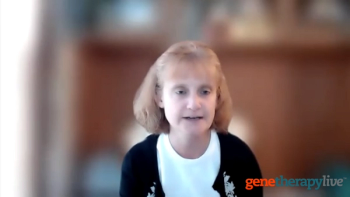
Maria A. Croyle, PhD, discusses the development of a novel film matrix that can safely and effectively store and transport AAV-based gene therapies.
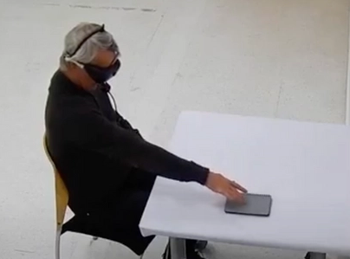
An international research team has shown that optogenetic therapy has helped to partially regain visual function in a patient with retinitis pigmentosa. This is a milestone towards a gene therapy that could restore vision.
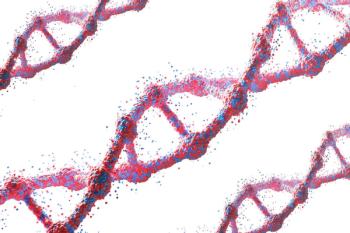
There are no curative treatments for Tangier disease, but gene therapy for ABCA1 has been highlighted as a potential avenue for treating the disease, say the researchers of the paper.